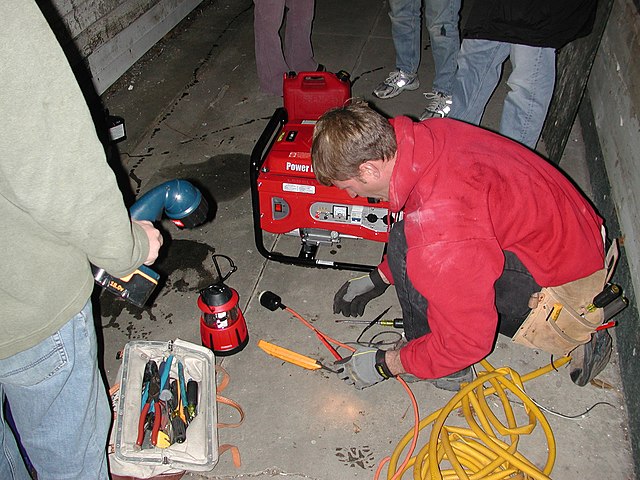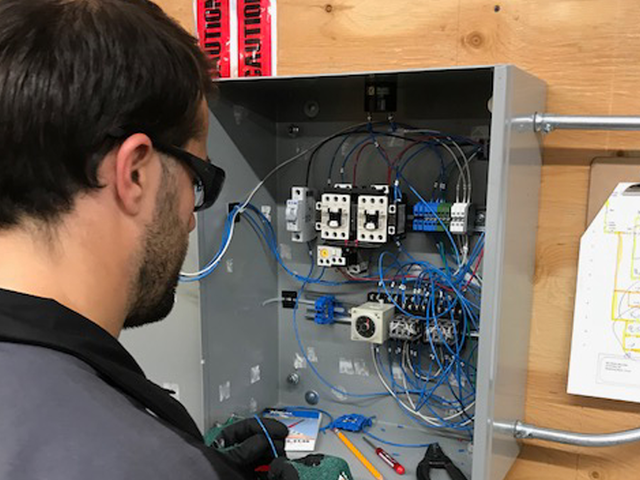
In today’s world, where environmental concerns and rising energy costs are at the forefront, making energy-efficient choices has become essential. One significant way to reduce both your carbon footprint and your utility bills is by investing in energy-efficient appliances. In this blog post, we’ll explore the benefits of energy-efficient appliances, how they work, and practical tips to help you lower your utility bills while contributing to a greener future.
The Benefits of Energy-Efficient Appliances
Before we delve into the specifics of energy-efficient appliances, let’s first understand why they are worth considering. Here are some key benefits:
1. Lower Utility Bills
Energy-efficient appliances consume less energy to perform the same tasks as their non-efficient counterparts. This translates to immediate savings on your utility bills, providing a tangible return on your investment.
2. Environmental Impact
Reducing energy consumption not only saves you money but also helps mitigate the environmental impact of energy production. By using less energy, you reduce greenhouse gas emissions and your overall carbon footprint.
3. Enhanced Performance
Energy-efficient appliances are designed to be technologically advanced, offering improved performance and features. They often come with innovative functions and smart technology that make your life more convenient.
4. Increased Home Value
Energy-efficient upgrades, including appliances, can increase the resale value of your home. Many homebuyers are willing to pay more for properties with energy-efficient features due to the long-term cost savings.

How Energy-Efficient Appliances Work
Energy-efficient appliances achieve their energy savings through various mechanisms and technologies. Here’s how some of these work:
1. Improved Insulation
Many energy-efficient appliances, such as refrigerators and freezers, have better insulation to minimize heat exchange. This reduces the need for constant cooling or heating, thus saving energy.
2. Variable-Speed Motors
Appliances like washing machines and HVAC systems equipped with variable-speed motors can adjust their speed based on the required workload. This prevents unnecessary energy consumption when the full power of the appliance isn’t needed.
3. Advanced Sensors
Sensors in energy-efficient appliances detect changes in temperature, humidity, or occupancy, allowing the appliance to adjust its settings accordingly. For example, smart thermostats can lower heating or cooling when no one is home.
4. LED Lighting
Energy-efficient appliances often incorporate LED lighting, which is more energy-efficient than traditional incandescent bulbs and has a longer lifespan.
5. Energy Star Certification
Energy Star is a program that certifies energy-efficient appliances based on rigorous standards. Appliances with this certification are guaranteed to meet or exceed energy efficiency guidelines set by the Environmental Protection Agency (EPA).
Practical Tips for Lowering Utility Bills with Energy-Efficient Appliances
Now that you understand the advantages of energy-efficient appliances, here are some practical tips on how to maximize their benefits and lower your utility bills:
1. Conduct an Energy Audit
Start by assessing your home’s energy use. You can perform a DIY energy audit or hire a professional to identify areas where you can make energy-saving improvements. An energy audit will help you prioritize appliance upgrades and other energy-efficient measures.
2. Choose the Right Size
When selecting a new appliance, ensure that it’s appropriately sized for your needs. Oversized appliances consume more energy than necessary, so opt for one that matches your household’s requirements.
3. Look for Energy Star Certification
Whenever possible, choose appliances with the Energy Star label. Energy Star-certified appliances meet stringent energy efficiency standards and often come with rebates or incentives from utility companies.
4. Opt for Smart Appliances
Consider investing in smart appliances equipped with connectivity features. These appliances can be controlled remotely through your smartphone or connected to your home automation system, allowing you to monitor and adjust settings for optimal energy savings.
5. Regular Maintenance
Proper maintenance can extend the lifespan and efficiency of your appliances. Clean filters, coils, and vents regularly, and schedule professional maintenance for appliances like HVAC systems to ensure they run efficiently.
6. Upgrade Older Appliances
If you have older, less efficient appliances, consider replacing them with energy-efficient models. While the upfront cost may be higher, the long-term savings on your utility bills can offset the initial investment.
7. Unplug When Not in Use
Appliances on standby mode can still consume a significant amount of energy. Unplug devices or use smart power strips that cut off power to appliances when not in use.
8. Utilize Energy-Saving Modes
Most modern appliances have energy-saving modes or settings. Take advantage of these features to reduce energy consumption while maintaining functionality.
9. Adjust Thermostat Settings
Set your thermostat to energy-efficient temperatures, especially when you’re away from home or sleeping. Installing a programmable or smart thermostat can help you automate temperature adjustments.
10. Maintain Your Refrigerator and Freezer
Ensure that your refrigerator and freezer are set to the recommended temperatures, and avoid overfilling them, as this can reduce airflow and efficiency. Keep the seals and gaskets in good condition to prevent cold air from escaping.
Conclusion
Energy-efficient appliances are a practical and environmentally responsible choice that can lead to significant cost savings over time. By understanding their benefits, how they work, and implementing the tips mentioned above, you can enjoy lower utility bills, reduce your carbon footprint, and enjoy the enhanced performance of these technologically advanced appliances from this article in Ops Matters. Making energy-efficient choices not only benefits your wallet but also contributes to a more sustainable future for our planet.








